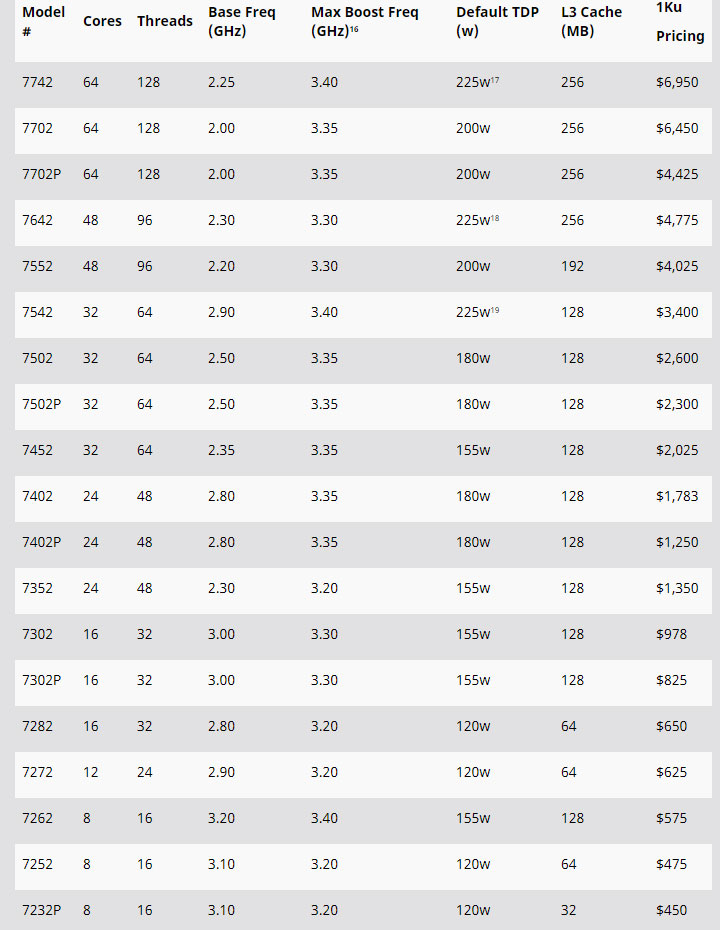AMD launches three 64-core, 128-thread CPUs, but they’re for the datacenter
That's a lot of cores.

After months of product teases, lots of hype, and of course the anticipation, AMD formally introduced its second-generation Epyc processors based on its Zen 2 CPU architecture, the same as found its it third-generation Ryzen chips for the desktop. The newly minted Epyc parts go all the way up to 64 cores and 128 threads in a single package, more than enough to run Crysis, except of course these CPUs are not built for gaming.
Codenamed Rome, the newest Epyc processors are built for the datacenter and to handle server workloads. While not directly related to gaming, these are the types of things that can run cloud computing platforms, where part of the gaming sector is shifting (or at least trying to, with things like Google Stadia).
"AMD 2nd gen Epyc processors will help us continue to do what we do best in our datacenters: innovate," said Bart Sano, Google vice president of Engineering. "Its scalable compute, memory, and I/O performance will expand our ability to drive innovation forward in our infrastructure and will give Google Cloud customers the flexibility to choose the best VM for their workloads."
The data center is a higher margin business, and so this is an important launch for AMD. As we have already seen on the desktop, Zen 2 is a strong architecture, utilizing a 7-nanometer manufacturing process.
Incidentally, the announcement comes a day after Intel unveiled a socketed 56-core Cooper Lake Xeon processor, essentially an update to the 56-core Cascade Lake variant that already exists. That is still built on a 14nm node, however.
AMD's second-gen Epyc processors combine up to eight 7nm CPU "chiplets" with a central 14nm I/O die supporting 8-channel DDR4 memory and PCIe 4.0. The company's second-generation Infinity Fabric is the bridge that connects them.

The new lineup starts at $450 for the Epyc 7232P, an 8-core/16-thread part clocked at 3.1GHz to 3.2GHz with 32MB of L3 cache and a 120W TDP. At the very top of the stack is the Epyc 7742, one of three 64-core variants. It costs $6,950 and is clocked at 2.2GHz to 3.4GHz, has 256MB of L3 cache, and a 225W TDP. The least expensive 64-core variant costs $4,425 and is clocked at 2GHz to 3.35GHz, with a lower 200W TDP.
The biggest gaming news, reviews and hardware deals
Keep up to date with the most important stories and the best deals, as picked by the PC Gamer team.
Those prices compare favorably to Intel. For example, a 28-core/56-thread Xeon Platinum processor costs around $10,000 to $13,000.
As for how performance compares, our friends at Anandtech posted some benchmarks, ultimately concluding that "AMD is offering a product that pushes out Intel for performance and steals the show for performance per dollar."
Paul has been playing PC games and raking his knuckles on computer hardware since the Commodore 64. He does not have any tattoos, but thinks it would be cool to get one that reads LOAD"*",8,1. In his off time, he rides motorcycles and wrestles alligators (only one of those is true).


